Featured Post
- Get link
- X
- Other Apps
High Fiber Foods You Should Eat Every Day
Fiber is a very important part of a healthy diet, it protects your stomach and reaches your colon where it feeds healthy intestinal bacteria, which have beneficial effects on health.
Foods high in fiber provide great benefits, including they help maintain a healthy weight, lower cholesterol, reduce the risk of diabetes and heart disease, fight constipation, giving stability, and intestinal strength.
The recommended daily intake is 25 grams for women and 38 grams for men. Although most people only eat about half, 15 to 17 grams of fiber per day. Fortunately, increasing your fiber intake is relatively easy, you should only integrate foods that have a high percentage of fiber by weight into your diet.source..
The following foods are rich in fiber, as well as being healthy and satisfying.
1. Apples (2.4% fiber in every 100 grams)
Apples are one of the tastiest and most rewarding fruits you can eat. It is also relatively high in fiber.
Fiber Content: 4.4 grams in a medium-sized apple, or 2.4 grams per 100 grams.source
2. Pears (3.1% fiber in every 100 grams)
Pear is a well-known, tasty, and nutritious fruit. It is one of the best fruit sources of fiber.
Fiber Content: 5.5 grams in a medium-sized pear, or 3.1 grams per 100 grams.source
3. Strawberries (2% fiber in every 100 grams)
Strawberries are an incredibly delicious fruit. Also, they are a healthier option than any junk food.
Amazingly, it's among one of the most nutrient-dense fruits you can eat, loaded with vitamin C, manganese, and several powerful antioxidants.
Fiber Content: 3 grams in a cup, or 2 grams per 100 grams. This is high given its low-calorie content.
4. Raspberries (6.5% fiber in 100 grams)
Raspberries are very nutritious and have a very strong flavor. They are loaded with vitamin C and manganese.
Fiber content: one cup contains 8 grams of fiber or 6.5 grams per 100 grams.
5. Bananas (2.6% fiber in every 100 grams)
Bananas are a source of many nutrients, such as vitamin C, vitamin B6, and potassium.
A green banana contains a significant amount of resistant starch, a type of indigestible carbohydrate that functions like fiber.
Fiber Content: 3.1 grams in a medium-sized banana, or 2.6 grams per 100 grams.
Other fruits with high fiber content are blueberries (2.4%) and blackberries (5.3%).
6. Avocado (6.7% fiber in every 100 grams)
The avocado has a particular characteristic. Instead of being high in carbohydrates, it is loaded with healthy fats (unsaturated fats).
Avocados are rich in vitamin C, potassium, magnesium, vitamin E, and several B vitamins, which also provide numerous health benefits.
Fiber Content: 10 grams in a cup, or 6.7 grams per 100 grams.
7. Carrots (2.8% fiber in every 100 grams)
Carrot is a tasty, crunchy, and highly nutritious root vegetable.
It is high in vitamin K, vitamin B6, magnesium, and beta-carotene, an antioxidant that is converted to vitamin A in the body.
Fiber Content: 3.6 grams in a cup, or 2.8 grams per 100 grams. This is very high given its low-calorie content.source
8. Beets (2.8% fiber in every 100 grams)
Beets are a root vegetable that contains many important nutrients, such as folate, iron, copper, manganese, and potassium.
Beets also contain inorganic nitrates, which are nutrients that have various benefits related to regulating high blood pressure and exercise performance.
Fiber content: 3.8 grams per cup, or 2.8 grams per 100 grams.
9. Broccoli (2.6% fiber in every 100 grams)
Broccoli is a type of cruciferous vegetable and one of the most nutrient-dense foods out there.
It contains vitamin C, vitamin K, folate, B vitamins, potassium, iron, manganese, antioxidants, and powerful cancer-fighting nutrients.
Broccoli is also relatively high in protein, compared to most vegetables.
Fiber content: 2.4 grams per cup, or 2.6 grams per 100 grams.
10. Brussels sprouts (2.6% fiber in 100 grams)
Brussels sprouts are a type of cruciferous vegetable that is related to broccoli.
It's high in vitamin K, potassium, folate, and powerful cancer-fighting antioxidants.
Fiber content: 4 grams per cup, or 2.6 grams per 100 grams.
Other notable examples of vegetables with significant amounts of fiber include kale (3.6%), spinach (2.2%), and tomatoes (1.2%).source
11. Artichoke (8.6% fiber in every 100 grams)
The artichoke is little known. However, this plant contains many nutrients and is one of the best sources of fiber in the world.
Fiber Content: 10.3 grams in an artichoke, or 8.6 grams per 100 grams.source
12. Lentils (7.9% fiber in every 100 grams)
Lentils are very cheap and are among the most nutritious foods out there. They are high in protein and have many important nutrients.
Fiber content: 15.6 grams per cup of cooked lentils, or 7.9 grams per 100 grams.
13. Split Peas (8.3% fiber in 100 grams)
Split peas are made from the dried, peeled, and split pea seeds.
Fiber content: 16.3 grams per cup of cooked peas, or 8.3 grams per 100 grams.source
14. Chickpeas (7.6% fiber in every 100 grams)
Chickpea is another type of legume loaded with nutrients, including minerals and protein.
Fiber content: 12.5 grams per cup of cooked chickpeas, or 7.6 grams per 100 grams.
Most legumes are high in protein, fiber, and various nutrients. Other high-fiber legumes include black beans (8.7%), edamame (5.2%), lima beans (5.3%), and baked beans (5.5%).source
15. Quinoa (2.8% fiber in every 100 grams)
Quinoa is a pseudocereal that has become incredibly popular among people who are aware of its properties and health benefits.
It is loaded with many nutrients, such as protein, magnesium, iron, zinc, potassium, and antioxidants, to name a few.
Fiber content: 5.2 grams per cup of cooked quinoa, or 2.8 grams per 100 grams.
16. Oats (10.6% fiber in every 100 grams)
Whole grain oats are among the healthiest foods out there. It is very rich in vitamins, minerals, and antioxidants.
They contain a powerful soluble fiber called beta-glucan, which has remarkable beneficial effects on blood sugar and cholesterol levels.
Fiber content: 16.5 grams per cup of raw oats, or 10.6 grams per 100 grams.source
17. Popcorn (14.5% fiber in every 100 grams)
Popcorn, in addition to being a delicious snack, will help you increase your fiber intake.
Air popcorn is very high in fiber. However, keep in mind that if you add a lot of fat, the fiber-to-calories ratio will drop significantly.
Fiber content: 1.2 grams per cup of popcorn, or 14.5 grams per 100 grams.
18. Almonds (12.5% fiber in every 100 grams)
Almonds are a popular type of tree nut fruit. They are very high in various nutrients, including healthy fats, vitamin E, manganese, and magnesium.
Fiber content: 3.4 grams per ounce, or 12.5 grams per 100 grams.source
19. Chia seeds (34.4% fiber in 100 grams)
Chia seeds come from a herbaceous plant, they are immensely popular little black seeds in the natural health community.
They are highly nutritious, contain high amounts of magnesium, phosphorus, and calcium.
These seeds may be the best source of fiber on the planet.
Fiber content: 10.6 grams per ounce of dried chia seeds, or 34.4 grams per 100 grams.
Other high fiber nuts and seeds include coconuts (9%), pistachios (10%), walnuts (7%), sunflower seeds (8.6%), and pumpkin seeds (18.4%).
13 Amazing Health Benefits of Eating Chia Seeds
20. Dark chocolate (10.9% fiber in 100 grams)
This is a type of chocolate made with cocoa beans, without milk, and with little sugar content. It is one of the most delicious foods there is.
Plus, it's incredibly high in nutrients and one of the most antioxidant-rich foods.
Make sure to choose dark chocolate that has a cocoa content between 70 and 95%. Avoid chocolate loaded with added sugar.
Fiber Content: 3.1 grams in a 1-ounce piece, or 10.9 grams per 100 grams.source
Keep in Mind That Fiber
It is an important nutrient for good health, promoting weight loss, lowering cholesterol and blood sugar levels, and fighting constipation.
If you don't meet the daily fiber intake requirements of 25 grams for women and 38 grams for men, add some of the foods from the list above to your daily diet to easily increase your fiber intake. source source (1)
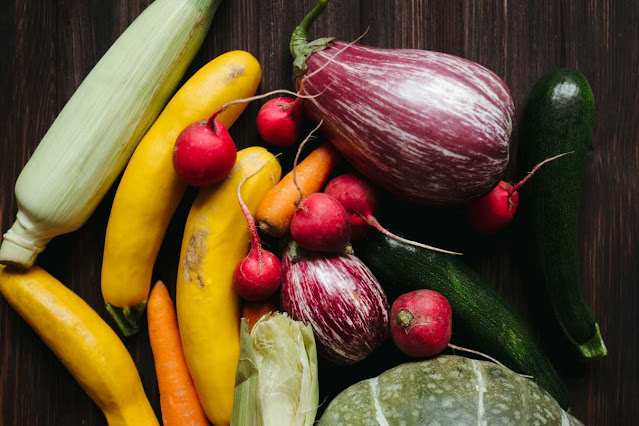



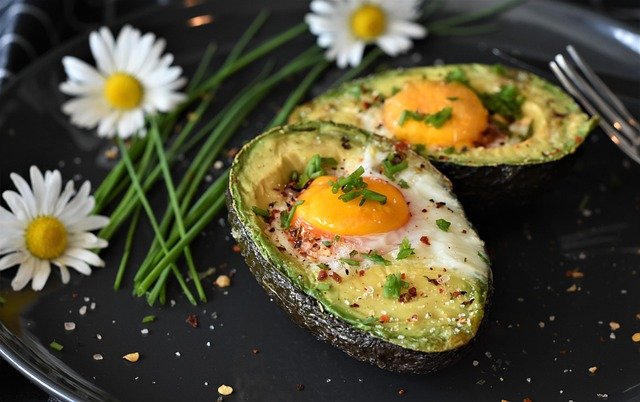
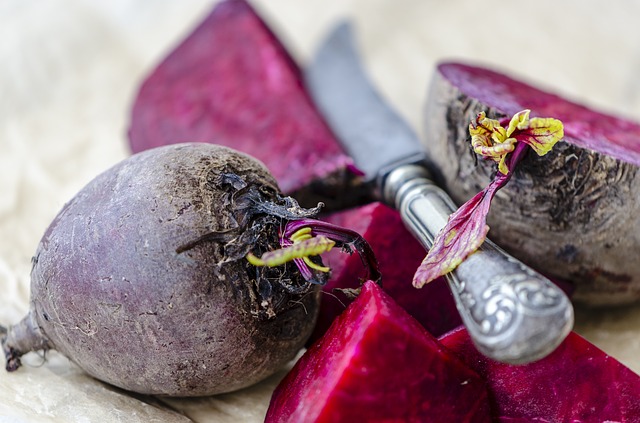
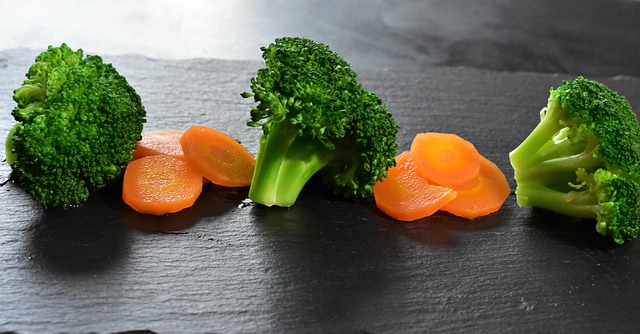

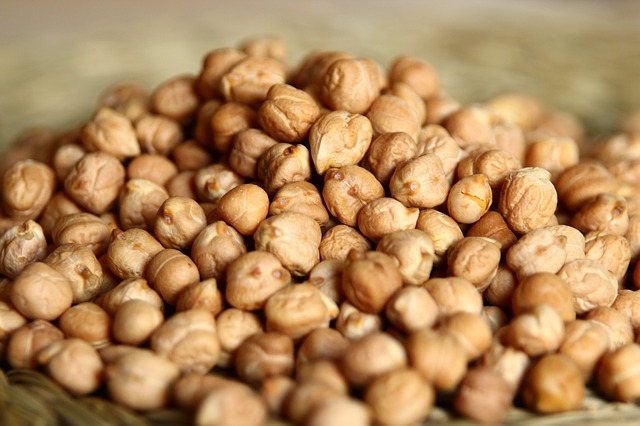


Comments
Post a Comment